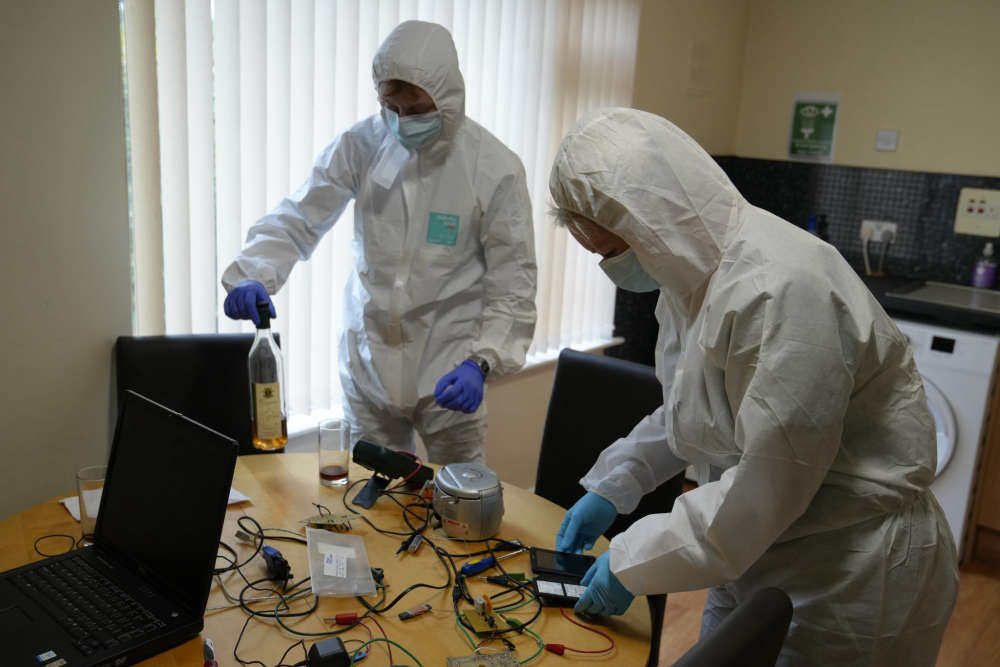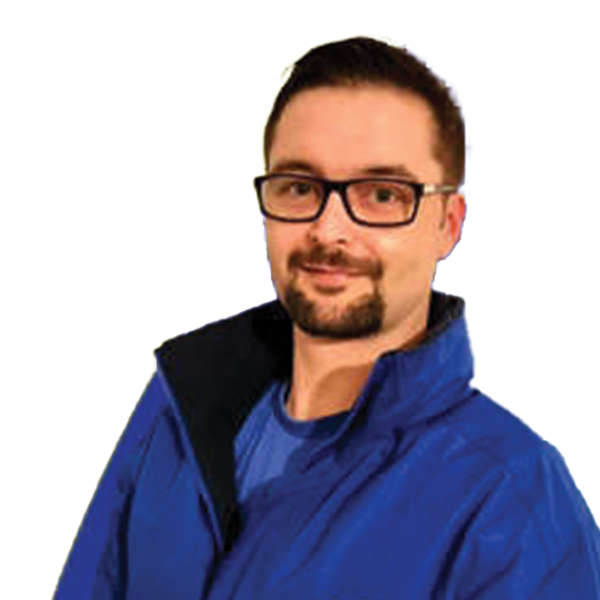
Devon is leading the way to address an urgent need to recruit more digital forensic officers to work in police forces.
Last year, Devon & Cornwall Police’s specialist Digital Forensics Unit (DFU) investigated more than 3,000 digital devices containing more than 2 petabytes of data – the equivalent of two million movies or a 41,455 mile high stack of A4 paper enough to go around the world 1.66 times – in all levels of crime from drug offences through to child abuse, murder, and terrorism offences.
Digital forensic officers use specialised tools recover, analyse and present digital evidence from electronic devices to support investigations into crimes and security incidents, and help secure successful convictions.
Due to the ever-increasing expansion of technology, there are currently not enough digital forensic officers to keep up with demand. Helping to bridge that gap is Plymouth Marjon University.
It has been running criminology and forensic degree courses for several years but this year an updated version of them was launched. One key change has been introducing a Forensic Investigation degree because the vast majority of students want to get into police investigation roles such as being a crime scene investigator or a detective.
The course offers strong practical experiences using the university’s very own fully equipped crime scene house and laboratories. A new digital forensics module has been added to teach in-demand skills in the rapidly growing field.
For more details about the course, please visit BSc Forensic Investigation | Plymouth Marjon University
Key stats:
- The number of mobile phones investigated by Devon & Cornwall Police has increased by 200 per cent over the past two years and risen from 500 a year in 2018 to currently more than 2,000
- The volume of data has doubled over the past three years
- Last year, the force investigated more than 3,000 digital devices containing more than 2 petabytes of data
- Since 2018, the number of computers investigated every year by the force have decreased from nearly 2,000 down to currently around 500

 Rural Affairs officers welcome new law to crack down on livestock attacks
Rural Affairs officers welcome new law to crack down on livestock attacks
 Hospiscare needs your help with a unique ‘double your money’ fundraising challenge
Hospiscare needs your help with a unique ‘double your money’ fundraising challenge
 County Council invites residents to help shape 2026/27 budget
County Council invites residents to help shape 2026/27 budget
 ‘Pop-up’ vaccination clinics being held in several communities this week
‘Pop-up’ vaccination clinics being held in several communities this week











